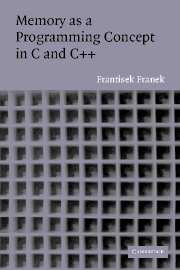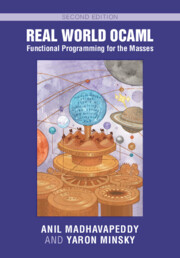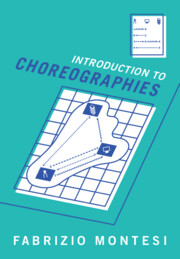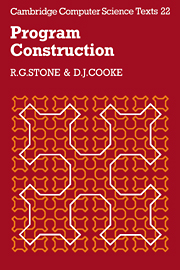Cultures of Programming
What defines a correct program? What education makes a good programmer? The answers to these questions depend on whether programs are seen as mathematical entities, engineered socio-technical systems or media for assisting human thought. Programmers have developed a wide range of concepts and methodologies to construct programs of increasing complexity. This book shows how those concepts and methodologies emerged and developed from the 1940s to the present. It follows several strands in the history of programming and interprets key historical moments as interactions between five different cultures of programming. Rooted in disciplines such as mathematics, electrical engineering, business management or psychology, the different cultures of programming have exchanged ideas and given rise to novel programming concepts and methodologies. They have also clashed about the nature of programming; those clashes remain at the core of many questions about programming today. This title is also available as Open Access on Cambridge Core.
- Relates the history of programming to contemporary issues and debates
- Provides a rigorous basis for folklore ideas such as the hacker culture
- This title is also available as Open Access on Cambridge Core
Product details
December 2025Hardback
9781009492348
420 pages
244 × 170 mm
Not yet published - available from December 2025
Table of Contents
- 1. Introduction
- 2. Mathematisation of programming
- 3. Interactive programming
- 4. Software engineering
- 5. Programming with types
- 6. Object-oriented programming
- 7. Conclusion: cultures of programming
- References
- Index.






